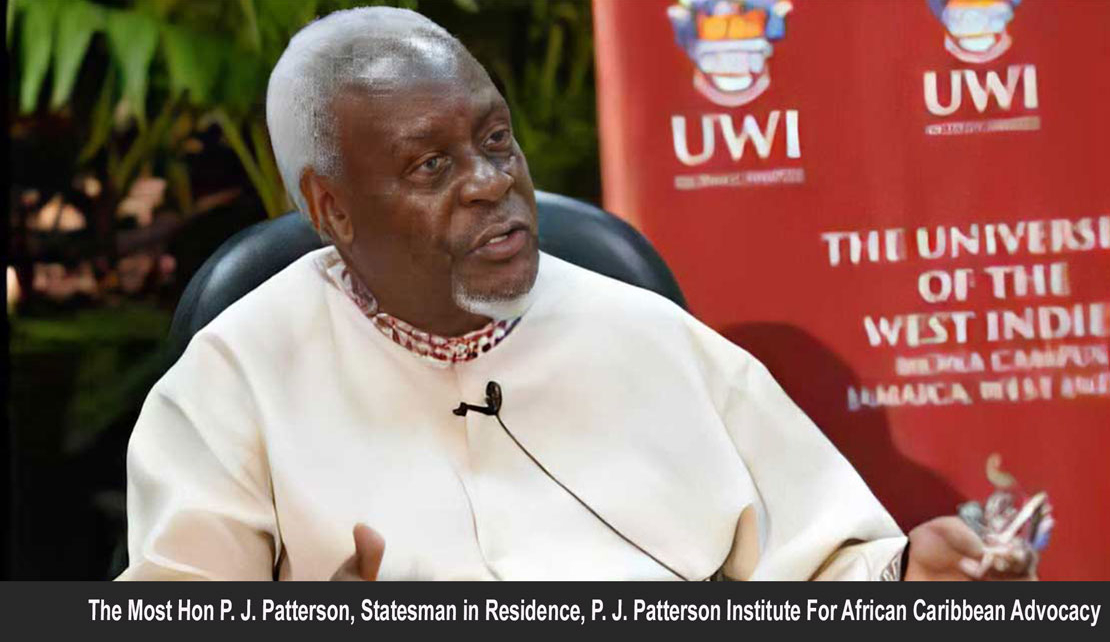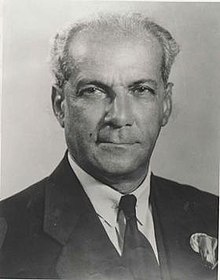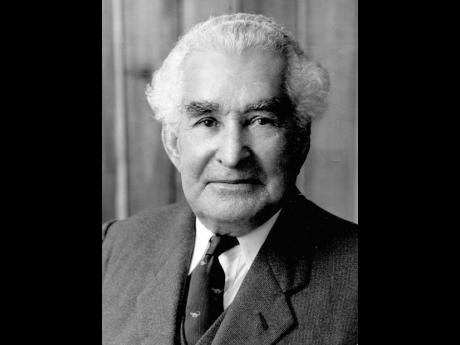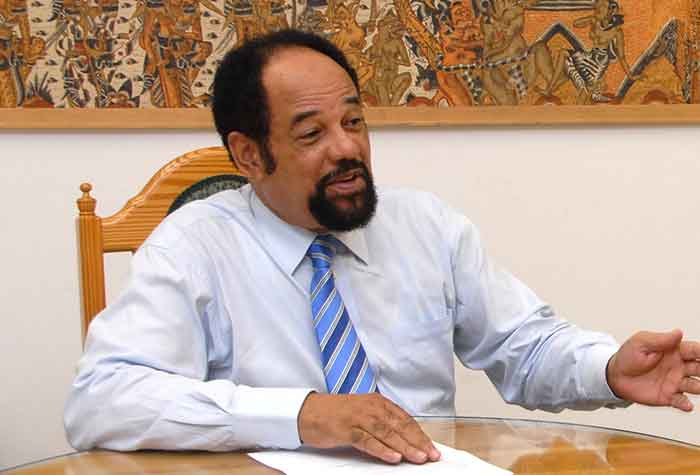JAMAICA | The Privy Council was never intended to remain Jamaica’s Final Court of Appeal Says Patterson

KINGSTON, Jamaica, June 7, 2024 - Former prime minister P.J. Patterson said the framers of Jamaica’s constitution never intended to have the British Privy Council remain as Jamaica’s highest Court of Appeal, hence it was never deeply entrenched.

Mr. Patterson, Jamaica’s sixth and longest serving prime minister, had an insider's position at the creation of the Jamaican constitution.
He noted that with the dissolution of the West Indies Federation, the Federal Court would automatically be dissolved. It was therefore decided as a temporary measure, to retain the Privy Council until such time as the Final Caribbean Court would be established.
Hence "Our Founding Fathers envisaged the establishment of a Caribbean Court at the apex.
This, he said, should remain a settled national position and should not be subverted because of political expediency, which has now emerged as a partisan divide," Patterson lamented.
“Not one single valid ground had been advanced as to why this vestigial colonial institution should remain,” Mr Patterson declared.
He said if Sir Alexander Bustamante was not convinced that it was a temporary measure, “he would have insisted on the deep entrenchment of the Privy Council.”

In 1987 at a meeting of the Caribbean Heads of Government in Antigua, attended by Jamaica’s Prime Minister The Most Hon. Edward Seaga, it was decided by the Heads, that in order to avoid the option of a mere transitional involvement of Caribbean jurists in the Privy Council, they would take immediate steps towards “the expeditious establishment of a Caribbean Court as the final Appellate Court for English speaking Caribbean countries.”
The meeting empowered the Regional Attorneys General, which included Jamaica’s Ossie Harding, KC, to create the draft framework for the now Caribbean Court of Justice, CCJ.
He explained that the Judicial Privy Council, based on submissions, accepted that the final court would be simply entrenched to allow its removal by a two-thirds vote of both houses, and no referendum would be required.

He said “It is high time to remove the incongruity of His Majesty’s Judicial Privy Council being the final legal repository which interprets our Constitutional and fundamental rights when the Monarch is no longer even a figment of our social reality.”
“62 years after our Independence, it is more than overdue for Jamaica to depend no longer on an Order in Council, to abolish the Monarchy and to vest the judicial arm with the full authority to dispense justice for all; to develop a Caribbean jurisprudence,” Mr. Patterson pointed out.
-30-
